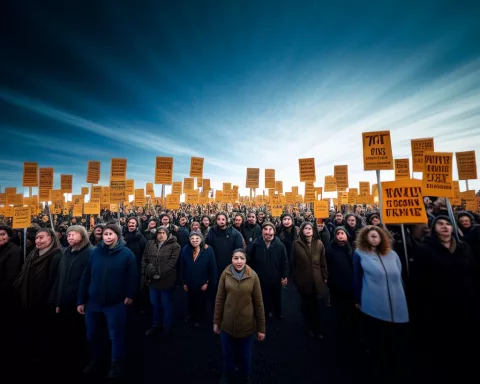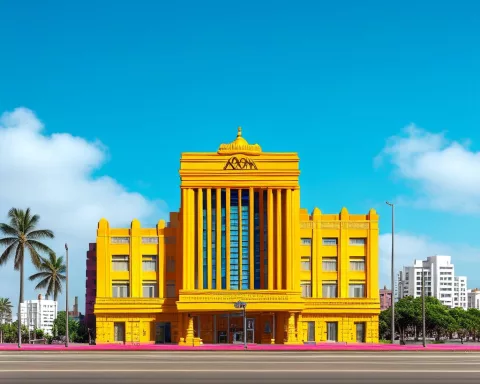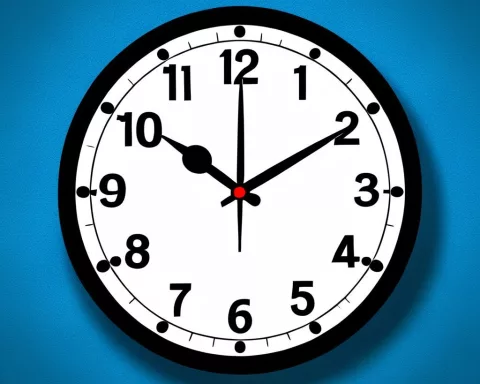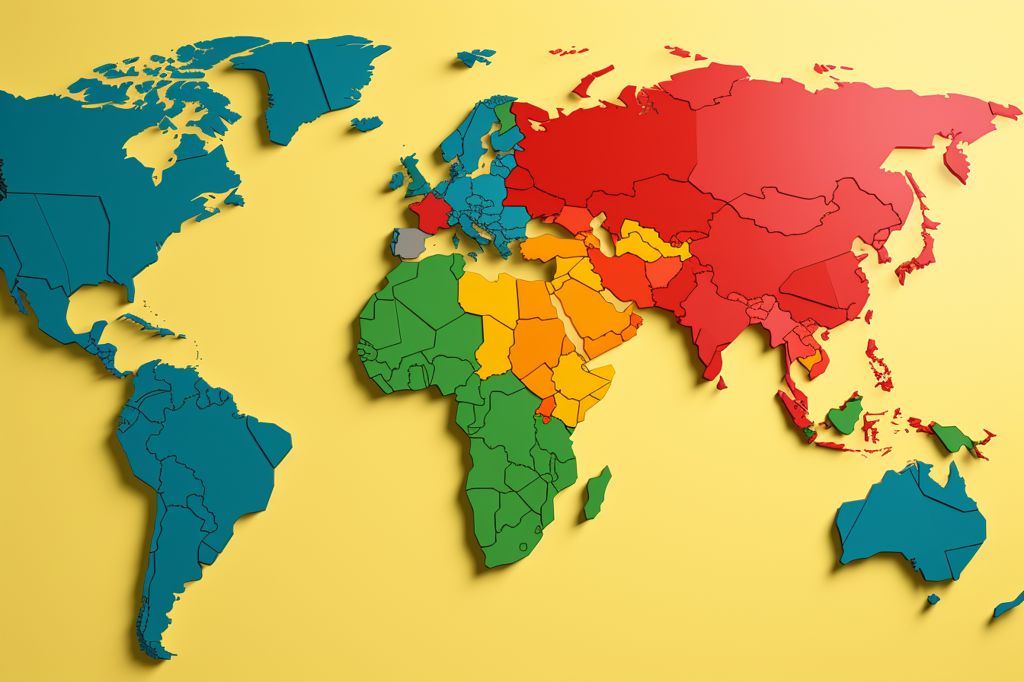The quest for economic justice in South Africa has been hindered by the exclusion of eligible beneficiaries from receiving the social-relief in distress (SRD) grant. The Institute for Economic Justice (IEJ), the Socio-Economic Rights Institute, and #PayTheGrants campaign have taken on the Minister of Social Development, Lindiwe Zulu, and the South African Social Security Agency (SASSA) over this issue.
The Numbers Game
According to SASSA, around 7.5 million people receive the SRD grant every month. However, the IEJ believes that the number of eligible beneficiaries is double that figure. The advocacy organization is seeking relief from the courts over nine issues concerning the criteria for grant eligibility.
Issues with Grant Eligibility Criteria
The IEJ has raised several concerns regarding the eligibility criteria for the SRD grant. Firstly, the organization objects to SASSA’s over-broad definition of income for grant beneficiaries. They argue that only regularly received funds should be considered income.
Additionally, the organization is concerned about the online-only application process for the SRD grant. This approach may disadvantage those who lack digital literacy or access to devices or connectivity. The IEJ is calling for the option to apply for the grant in person.
SASSA verifies applicant information against databases from NSFAS, UIF, SARS, and banks, a process not used for the other eight grants. According to the IEJ, this verification process is flawed and excludes up to a third of applicants.
The appeals process is another area of concern for the IEJ as it is narrow and does not allow new evidence. Between 1.2 and 1.5 million rejected applicants submitted appeals, but none could provide evidence to refute claims of receiving UIF or NSFAS funds.
Other Issues with the SRD Grant
The IEJ also criticizes the arbitrary exclusion of qualifying applicants when funds are depleted. At least 16 million people qualify for the grant, but the 2023/24 budget provided funding for only 8 million recipients. The organization deems this practice as “patently unfair.”
Furthermore, the IEJ raises the issue of the real terms reduction of the grant value. As the SRD grant is the only one that has not increased since its inception three years ago, its current value is around R273 amid rising food costs and inflation.
Lastly, the IEJ alleges that 1.2 million approved beneficiaries have not been paid due to several issues causing delays in issuing payments.
The Outcome
This ongoing struggle for economic justice sheds light on the complexities and challenges faced by millions of South Africans. The outcome of this legal battle may bring about much-needed change in the country’s social assistance sphere.












